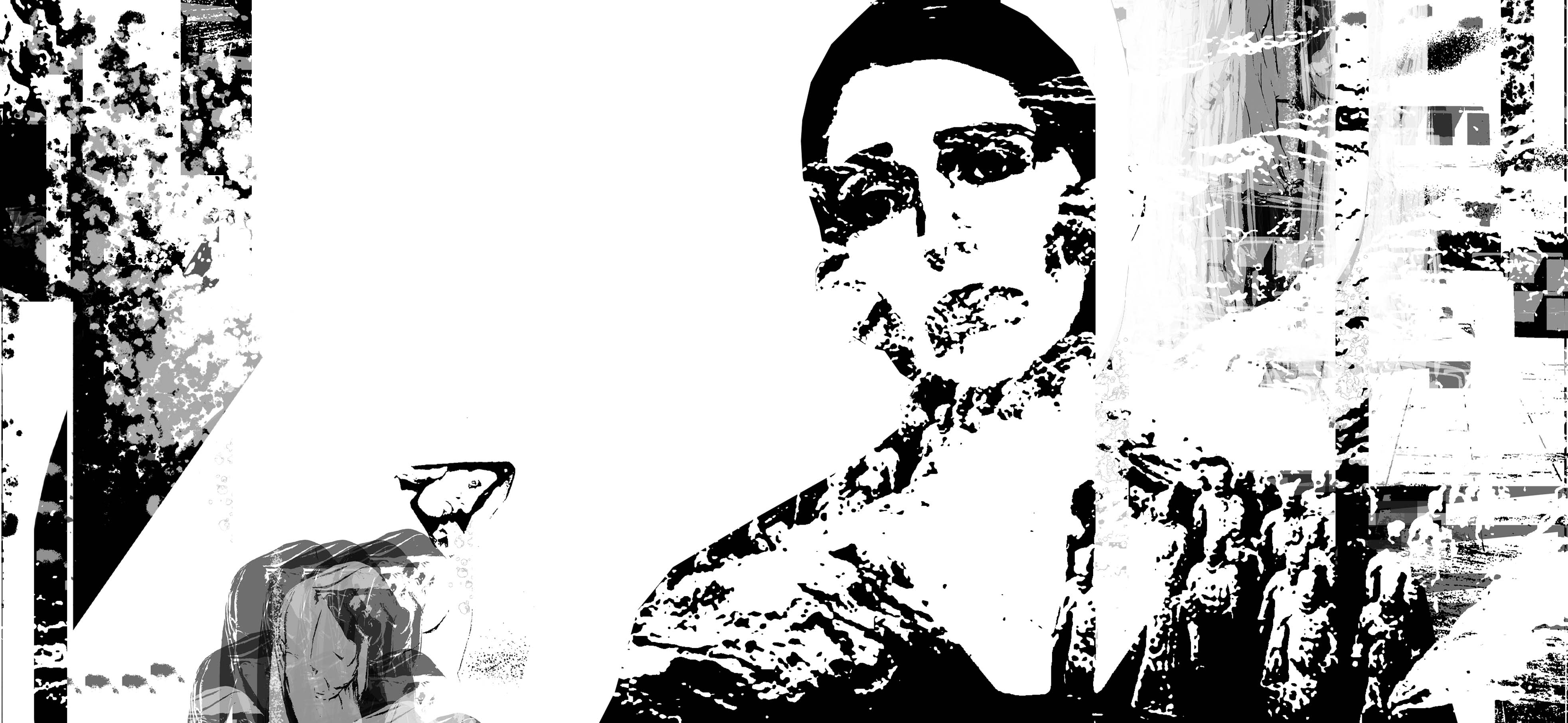It’s hard to bring yourself to turn on the news lately.
Friday’s mosque shooting in Christchurch, New Zealand, was only the latest in what seems like an ever-worsening downward spiral. The U.K. government is placidly tearing itself to pieces over Brexit, prompting fears of food and medicine shortages within days of the March 29 deadline.
In Canada, the resignation of Jane Philpott, former cabinet minister and president of the treasury board, has shaken federal politics even further after allegations of political interference in a criminal justice case.
Donald Trump somehow still has a job in the U.S. and continues to be his usual megalomaniac self amid increasing drama over the Robert Mueller probe.
Planes are crashing, the planet is dying, anti-vaxxers are contributing to outbreaks the world over.
And, of course, these are only the big-ticket news items at the moment. Everywhere you look, there’s a new atrocity that isn’t getting much coverage. Sure, Venezuela is finally getting some airtime, but what about the civil war in Yemen? What about the 52 girls that were locked in a burning classroom in Guatemala last week? Flint, Mich., still doesn’t have clean water. Kony 2012 never stopped Kony.
On and on and on it goes.
Compounding all of this is the increasingly common fear that not being well-informed about every little thing that happens everywhere all the time makes you a bad person. When every news item seems to be doom and gloom, at some point the question becomes: what’s the point of watching the news anymore?
The simple answer is that sometimes there isn’t a point.
It is genuinely impossible for one person to keep up with everything that’s happening around the world on a daily basis. It’s no less impossible for one person to keep up with all news on a national or provincial level.
A 2018 Pew Research study found 68 per cent of American respondents reported feeling overwhelmed by the news. Some have argued that this phenomenon is so widespread that it should be classified as a form of secondary traumatic stress, a condition common to professionals like emergency personnel and others who help people going through trauma of various kinds. It’s better known as compassion fatigue and it describes the state of being so consistently bombarded with upsetting input that it becomes difficult to generate the appropriate reaction due to no time to stabilize.
With a plethora of ways to interact with the world at our fingertips, the secret to managing news fatigue is curation.
There are a number of ways to go about this. It may simply mean being more selective about which social media to become involved in. If Twitter is too relentlessly reactionary about politics for your taste, the solution may be to follow a selection of wholesome accounts that post pictures of puppies in hats, or take a break from the platform altogether. If relatives keep being racist on Facebook, judicious application of the mute button is less openly controversial than unfriending them.
Limiting access is also an option. For all the good that smartphones do, it’s undeniable that they carry the implication that one must always be available when a notification pops up. Deleting apps from your phone and forcing yourself to engage with them only via computer can help limit over-saturation.
It’s worth considering that every news outlet does their own internal curation to decide what their audience most needs to know on a certain platform. What appears on television news segments and podcasts is only a small fraction of the content generated for print media, and news sites for larger publications have exponentially more content than what is printed or aired. Reading a newspaper for your content generally guarantees that multiple editors have approved the inclusion of what’s inside, and if the publication has a good reputation, that can make news consumption a fairly safe one-stop shop.
However, in this age of so-called fake news, it is vital that people consider critically how reliable their information sources are. Do you trust that the media you consume is giving you accurate and relevant information with as little bias as possible? If not, it’s time to look for alternatives that require less double-checking to be sure you’re getting the whole story.
But most importantly, curation can mean just choosing not to partake at all. The modern 24-hour news cycle means new content never sleeps, but that does not imply an obligation on the reader’s part. No one is expected to be at school engaging with intellectual content all day seven days a week — it’s equally harmful to expect the same from a current events perspective.
If you need to, take a break from news, period. There’s no shame in giving your brain the current events equivalent of a Friends marathon.
All little kids have big dreams of saving the world from evil. When it comes to the news, adults are facing the realization that sometimes the more important victory is saving yourself first.



